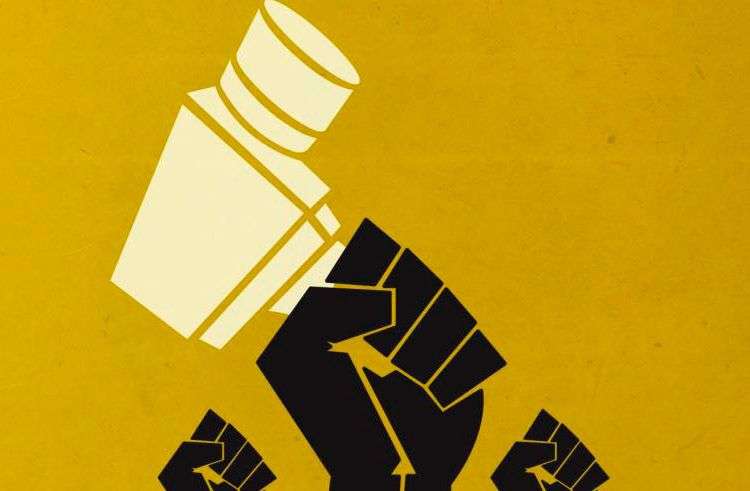The Cuban filmmakers grouped in what has been called G-20-a representation of who, from May 2013, call for the enactment of a Film Law in Cuba – announced that the base document is already finished and ready for submission to the Communist Party of Cuba (PCC).
In a recently released summary, these creators state that “When the ICAIC makes delivery effective, we will have fulfilled an important part of our objectives and the final stage of putting ideas into practice opens”
The group recalled that in the last two years it has been the target of “misunderstandings, insults, indifference and defamatory”, but neither has lacked “solidarity, much less own stubbornness”.
As they advanced, the document “has been prepared jointly by the filmmakers and ICAIC” and collects all the “aspirations” discussed at meetings. ”
These assemblies were held several Saturdays in the Fresa y Chocolate Cultural Film Center. The filmmakers have mainly three aspirations or requests: a law regulating the activity; the creation of the legal concept of audiovisual creator and the creation of a fund for the promotion of the film industry.
It is also about redesigning the functions of ICAIC. The approaches include cinema law to keep the Institute for establishing policies and preserve the audiovisual heritage, but without producing of censoring films.
Most filmmakers believe that the Institute should be devoted to heritage conservation, delivering national award, publications and festivals, but production must be at the cost of independent producers.
In Cuba there is only one movie legislation dating from 1959, which was the creation of the Cuban Institute of Cinematographic Art and Industry (ICAIC), which for decades took care of everything related to the activity. But lack of resources and decisions sometimes more political than artistic to give green light to a project led to the creation of several independent production companies without legal personality, working for several years within government tolerance. They are over a hundred and have gained some recognition and interesting internationally distribution.
The group proposed dates that, “once defined by the Commission for the Implementation of the Guidelines, must implement the mechanism without delay and as established in the country for these processes.”
In connection with the film Return to Ithaca, by Laurent Cantet, recently censored at the last edition of the International Festival of New Latin American Cinema, the G20 expressed its desire that “the film is normally displayed on the Cuban screens as soon as possible.”
“The censorship of Return to Ithaca revealed the absence of clear rules and definitions for public make decisions about controversial films, which leads to unilateral decisions, without consensus or dialogue without taking into account the approach of filmmakers “they said.
The creators explained that the Committee of Filmmakers or G20 is currently composed of only twelve people, “amount which proved to be the most effective.”
This is Rebeca Chavez, Lourdes de los Santos, Magda Gonzalez, the young producer Claudia Calvin, national film awards Fernando Perez and Manuel Pérez, the writers Senel Paz and Arturo Arango, and the filmmakers Ernesto Daranas, Enrique Alvarez, Luis Ernesto Doñas and Pedro Luis Rodriguez.










